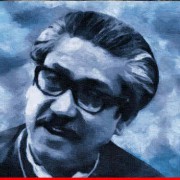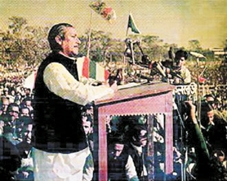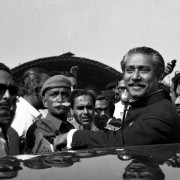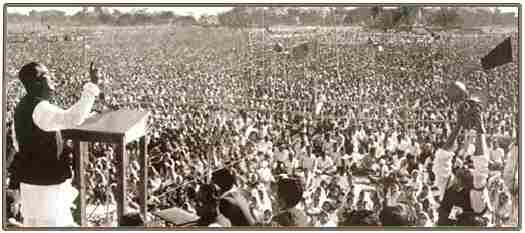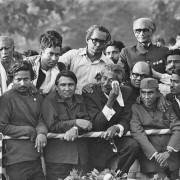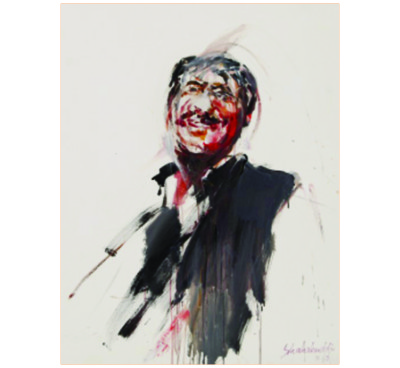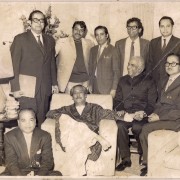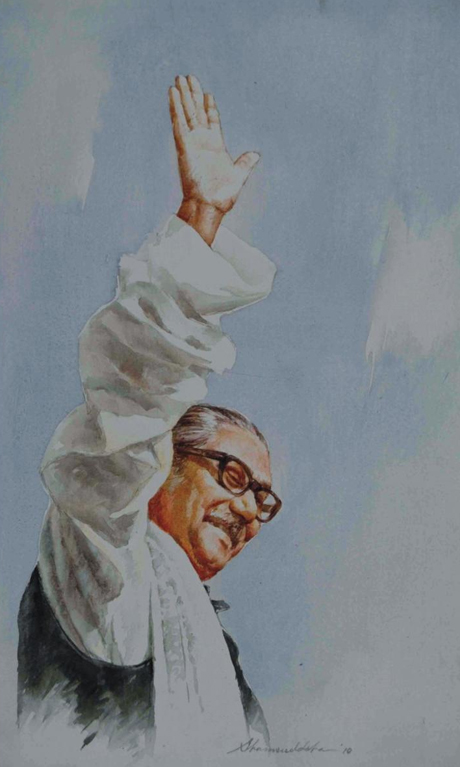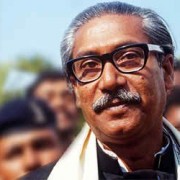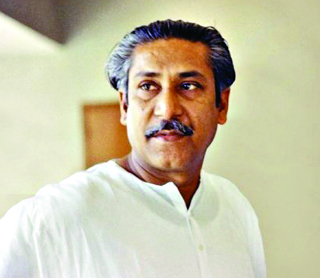? ??????? ???? ??? ??????? ??????? ?????????????? ????????
?????? ?? ?????????? ??? ????? ?? ??????? ???? ??????? ???? ????? ???????? ??????? ???? ???? ????_ ??? ?????? ?????????? ???? ???? ????? ? ?????? ??????? ???????? ???????? ?????? ????????? ????????? ????? ???? ??????? ????? ??? ?? ???? ??????????????? ??? ?? ?????? ????? ??? ????????? ????? ???????????? ???? ???????? ’??? ?????_ ??? ?????????’ ??????? ????? ????????? ????????? ??????-???????? ??? ???? ???????? ?????? ????????? ?????????? ??????? ?????? ?????, ????, ????_ ??????? ????? ??????? ???????? ????? ?????????? ???? ???? ????? ??? ???? ??? ?? ?????? ???????????? ????? ????????? ????????? ????? ??????? ????, “??????? ??????”
?????? ?????????? ???? ???? ?????? ????????? ?????? ?????? ????, ??????? ???????????? ????????? ????????? ???? ????? ?? ??????? ???? ??? ??? ?? ??? ???, ‘?????? ??????? ?????? ??????? ???????, ?????? ??????? ?????????? ???????? ??? ??????’ ????, ??????? ?? ??? ??????? ????????? ???? ???? ?????????? ????? ??? ????????? ?????? ? ??????? ?? ?? ?? ??????? ?????????? ?????????? ????? ????? ???? ????????? ???-??????????????? ?? ?? ??????? ????????? ?????? ????? ????? ????? ?????????? ???? ??? ???? ????? ???? ???? ???? ????? ?????? ??, ????? ?? ???? ???? “???? ??? ???? ??????, ??? ??? ???? ???- ??? ?????? ??????? ????? ????? ???” ???? ??? ???? ???????, “??? ??? ????? ????? ??-? ????, ??????? ?? ???? ??? ??? ????? ?????? ???????? ???? ????” ?? ??? ?? ?? ?????????? ???? ??????? ???? ??????????? ??????? ?????????? ???????? ???? ???? ??? ???? ???? ???????? ???? ??? ????? ???????? ???????????? ????????? ????? ??????????? ?????? ?????? ???? ???????? ?? ????????? ?????????? ???????????? ???? ????? ??????? ??????? ????? ???? ?????? ?????? ??? ???? ’????????????? ??????’ ??? ???????? ????, ???? ???? ???, ‘????????? ?? ????????????? ???? ??? ??????? ??? ????????? ??? ??? ???? ?????? ????????? ????’ ?????????? ?????? ??????? ???? ’??????????’ ?????? ???????? ?? ????? ???? ???? ??????????? ?????????? ???????????? ???? ???? ?????????? ?????? ??? ???????????? ??????? ? ?????????? ????? ??????? ??????
???????? ?????? ???????? ?????? ?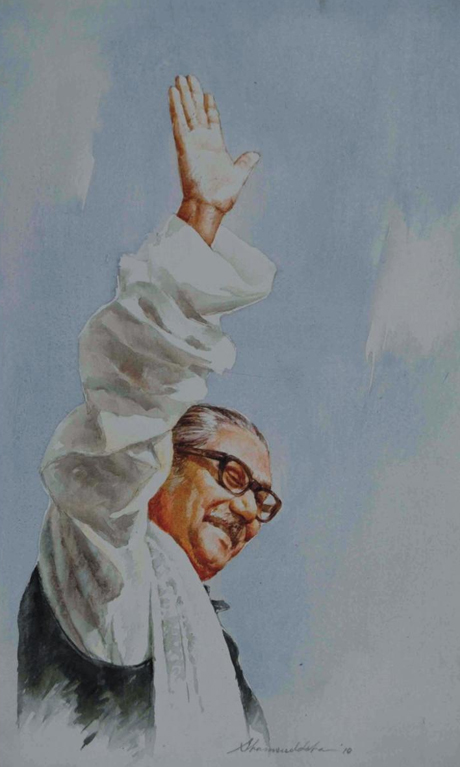 ????, ????????? ?? ?? ??????? ?? ?????? ???????? ?????? ?????? ????? ????????????? ???? ???????? ??????????? ???????? ?????? ??????????????? ?????? ??????? ?????????????????? ?????? ???? ???????????????? ?????????? ????? ????????? ??????????? ? ??????? ???? ??????? ???????????? ?????? ???????? ?????? ??????? ???????? ????????? ?????????? ???????? ?????? ???? ???? ??????? ??????????? ????-??????? ??; ???????? ??????? ????????? ???? ????????? ??????, “??????? ?? ???? ??? ??? ????? ???????? ????? ??? ??? ????? ???? ?????”? ??? ????????????, ?????? ? ??????? ?????? ????????? ?????????? ????????? ????? ??????? ????????????? ????? ??? ???? ? ?????? ??? ????? ?????? ????????? ????? ??????, ?? ?? ?????, ????????????? ?????? ???? ? ????? ???????? ?????????? ??????? ?????? ??? ??????????? ?????? ’?????? ??????? ?????????? ???????’ ??? ???? ??????? ????????? ????????? ???????? ?? ?? ?? ????? ??????????? ??????? ?????????????? ????????????? ???? ????? ????????? ??????, ?? ??????? ????????? ???? ????? ????????? ????????? ???????? ????? ???? ??????????????, ???????????, ???, ????????? ????? ?????? ????????? ????????? ??????? ??? ??????? ???? ????? ????? ??????? ????????? ????????? ???????, ?????? ????? ????? ??? ??? ????????? ??????? ??????? ??????? ????????? ????? ??????
????, ????????? ?? ?? ??????? ?? ?????? ???????? ?????? ?????? ????? ????????????? ???? ???????? ??????????? ???????? ?????? ??????????????? ?????? ??????? ?????????????????? ?????? ???? ???????????????? ?????????? ????? ????????? ??????????? ? ??????? ???? ??????? ???????????? ?????? ???????? ?????? ??????? ???????? ????????? ?????????? ???????? ?????? ???? ???? ??????? ??????????? ????-??????? ??; ???????? ??????? ????????? ???? ????????? ??????, “??????? ?? ???? ??? ??? ????? ???????? ????? ??? ??? ????? ???? ?????”? ??? ????????????, ?????? ? ??????? ?????? ????????? ?????????? ????????? ????? ??????? ????????????? ????? ??? ???? ? ?????? ??? ????? ?????? ????????? ????? ??????, ?? ?? ?????, ????????????? ?????? ???? ? ????? ???????? ?????????? ??????? ?????? ??? ??????????? ?????? ’?????? ??????? ?????????? ???????’ ??? ???? ??????? ????????? ????????? ???????? ?? ?? ?? ????? ??????????? ??????? ?????????????? ????????????? ???? ????? ????????? ??????, ?? ??????? ????????? ???? ????? ????????? ????????? ???????? ????? ???? ??????????????, ???????????, ???, ????????? ????? ?????? ????????? ????????? ??????? ??? ??????? ???? ????? ????? ??????? ????????? ????????? ???????, ?????? ????? ????? ??? ??? ????????? ??????? ??????? ??????? ????????? ????? ??????
????????? ????????? ??????? ????????? ??????? ????????? ??????? ?????? ?? ??? ?? ?? ???? ????????? ??? ????? ????? ????? ????? ???????? ????? ’???????????’ ???? ????? ???? ?????? ??????????, ????? ?????????? ???????????? ?????? ?????? ???? ?????? ? ????????? ?????? ????? ?????? ??????????? ????? ??????????? ???????? ???????? ??? ???? ??? ??? ????? ?????? ??? ??? ??????????? ?????? ??????? ????????? ??? ???? ???? ?????? ?????? ?? ????? ????? ???? ?????????????? ????? ???????? ???? ??????? ???????? ???????? ???????? ????????? ?? ??????????? ??? ????? ????? ’?????? ?????????’ ???? ????? ???? ?? ????? ???? ?????? ??? ????????? ?????????????? ???? ????? ?????????? ??????? ???? ??????????? ?? ???? ?????????? ?????????? ?????? ???????? ?????
???? ????? ???? ????????? ???????? ??????????? ???? ???? ??????? ????????? ?????? ?????? ????? ?????? ????????? ????? ?????? ????? ?????? ’??????? ????? ???????’ ?? ?? ?? ? ????? ???? ?????? ????????? ?????????? ????????? ???? ’??? ????????’ ????????????? ??? ??? ?? ????? (??????) ?? ?? ?-? ????? ???????? ??? ??? ???? ????? ???????? ????? ????? ????????? ?????????? ??????? ?????, ????? ?????????? ????? ?????????? ??? ????? ??????????? ????? ?? ?????????? ???? ?-???? ????? ????? ?????? ????? ????? ?????????? ????? ?? ?????? ??? ??????? ????? ?????????? ???? ??? ??????? ????? ????? ???????????????? ??????? ?? ?????? ???? ????? ?????????? ?? ????? ????????? ??? ??? ???? ????????? ????? ??? ???? ??????? ??? ????????? ?????? ??????????? ???????? ??? ?????????? ??????? ??? ???????? ??? ??????????? ??? ??????? ???????? ?? ??????? ?????????? ???? ??? ??? ?????????????? ?? ????????? ??????? ????????? ??????? ???? ????????? ???? ????? ? ????? ????????? ??? ?????? ??????? ??? ??????????????? ???? ???????????? ?? ?????????? ????? ???? ???? ??????????? ???????? ??????? ????????? ? ???????? ?????????? ?? ???? ????? ???? ? ????? ????? ???????????? ?????? ???, ‘??? ?????? ?????? ?? ???????? ??????? ??’? ???? ????? ??????? ??????? ???? ??? ????? ?????????? ???????? ?????? ??????? ?????????? ????? ?????? ???? ?????????? ????? ??? ???? ???? ????? ????? ??????? ?????????? ?????? ?????? ??? ??? ????? ????
? ??????? ??? ?????????? ?????? ?????? ?????? ??????? ?????? ?? ???????? ?????? ?????????? ???????? ???? ????? ????????????? ????? ?? ????? ?????????? ??????????? ???????? ???? ??? ??????????? ?????? ???? ?????????, ??????, ??????, ????? ? ??????? ???????????????? ???????? ????? ??????? ???????? ??????? ????????? ???? ??????? ?????? ???? ????? ????? ???????????????????? ?????? ?????? ?????? ? ????????? ????? ????????? ??? ??????? ??? ??????????? ????? ??????? ???? ???? ???????? ??????????? ???????? ??????? ?????????? ???- ????????? ??? ??????????? ??????? ????? ?????? ???????? ????? ??? ???? ??????? ?????????????? ????????? ???????? ????????? ??????? ???? ???? ??? ???????? ????????? ? ??????? ????? ??????????? ? ??????? ?????????????? ???? ?? ???? ???? ????????? ????????? ????????? ??????? ?????? ?????? ??????????? ? ??????? ????????? ?? ?????? ?????????? ?????? ??? ?????????? ????????, ????, ?????? ? ???????? ????????? ??????? ????? ????????, ???????????? ??????? ???????? ?????????? ??????? ?????????? ??????????,???????????? ?????? ??????????? ??????? ????? ??? ????????? ???? ?????????? (??????????? ??? ???), ?????????????? ?????????? ?????? ????????? ?????? ???????????? ???? ??????? ???????, ???????????? ?????? ?????????? ???? ????? ??????? ??? ???????? ???? ?????? ????????? ??????????? ????????????? (?????? ????? ???????????) ?????? ?????? ?????? ?????????? ??? ???????????? ?????????? ??????? ????? ????????? ??????? ????? ????????? ????????? ?????????? ???? ?????? ???? ???????? ???? ?? ????????? ????? ?????? ???, ????????? ??? ? ??????? ????? ??????? ????????? ???? ?????? ???????? ????? ??? ????? ???? ?????? ????????? ?? ??????????? ??? ??????????? ?????? ??????? ???,?????????? ??? ???? ’?????? ????????????’ ????? ??? ??????????? ????????? ?????? ??? ??? ????? ????????? ??????? ??-???????? ?? ????????? ???? ???????????? ????-???? ?????? ?????? ? ??????? ?? ?????????? ????? ?? ?????????? ????????
?? ??????? ?????????? ????????? ?????? ?? ?????????? ????????? ’?? ?????? ?????????? ????????? ?????’, ??????? ?????????? ????? (????? ??? ?????) ???, ???????? ??????? ?????? ???, ?????? ??????? ???? ???????????? ????? ??????? ????????? ?????? ???, ????? ??????? ??????? ?????? ??? ?????? ?????? ?????????? ??????? ??????? ????? ??? ???? ???????-????-??????? ????? ??????? ??????????
?????? ???????? ?????? ?????????? ??????????? ???????? ????? ??? ?????????? ?????? ????? ? ????? ?????? ?????? ??? ???????????? ??????????????? ?????? ?? ????????????? ????? ??? ???? ??? ????? ??????????? ?? ????????? ????????? ??? ??? ????? ?????? ???? ?????????, ????? ??????? ?? ??????????? ?????????? ??? ??? ???????????? ??? ???????? ??????? ????? ????? ????????? ?????? ????? ????????? ??????? ?? ??????????? ??????????? (?????????, ????, ?????????? ???? ?????????? ???)? ????????? ?????? ???? ?????????, ??? ????????? ????? ??????? ?????? ????? ?? ??? ????????????? ????????? ??????????? ??? ??? ??? ??? ?????? ??????? ????????????? ??-? ?????? ????-?? ?? ??????? ?????????????? ??????? ????? ? ???? ???? ??? ???????? ????? ?? ????? ????? ??????? ??????? ???????????? ?????? ???? ??? ???????? ???????? ??????? ??? ?????????? ? ??????? ????? ??????? ??????? ?????????????? ???-????????? ?? ????? ??? ?????????? ????? ??? ???? ?????? ???? ?? ???? ???????????? ????? ????? ??? ???????
???-??-??? ????? / [????: ????????]

